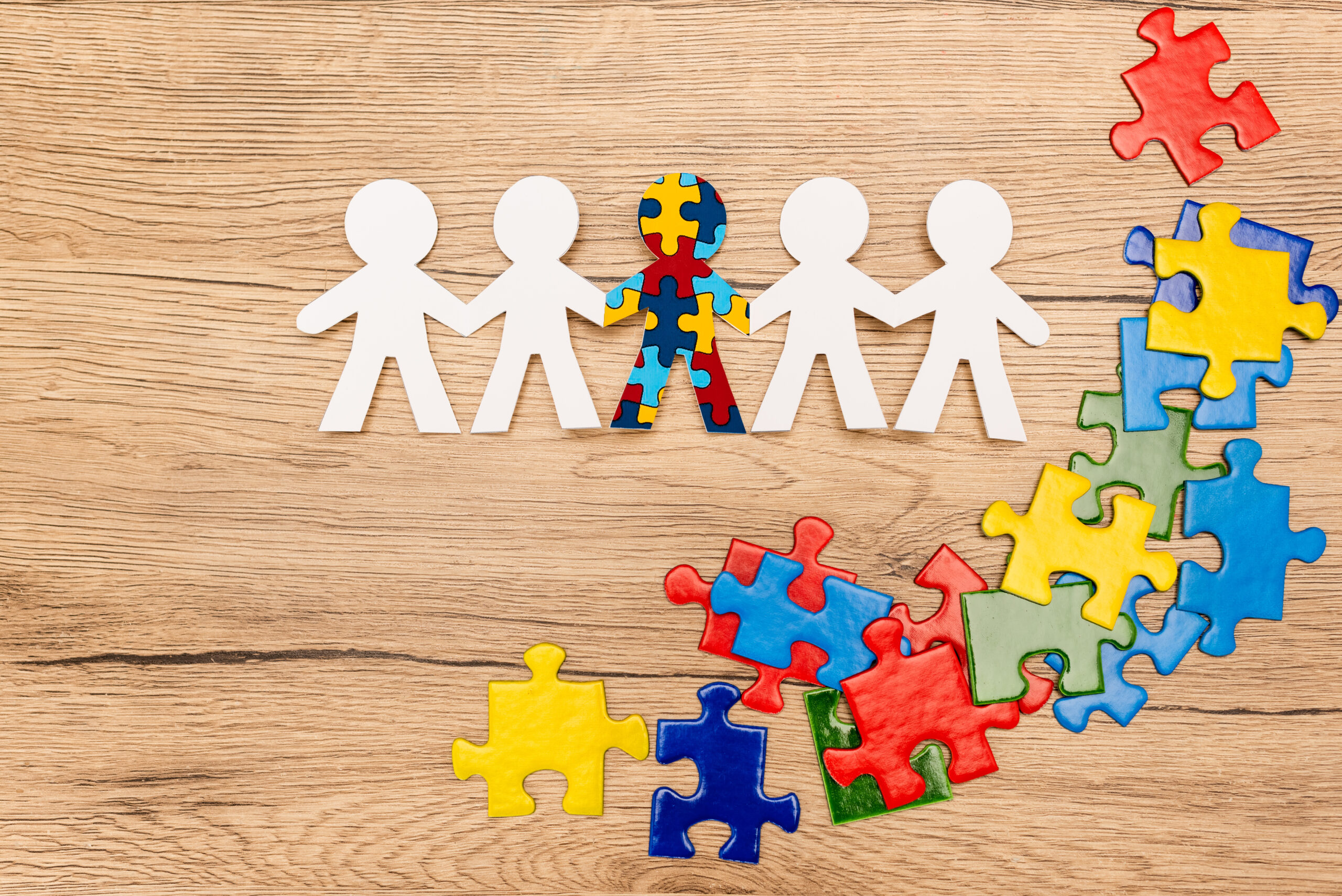Social skills are the cornerstone of human interaction, shaping our relationships, communication, and overall well-being. For children with autism spectrum disorder (ASD), developing these skills can be particularly challenging, but with the right support and resources, tremendous progress is possible. In this blog, we’ll explore the importance of social skills development for children with autism and how PMHC (Place for Mental Health Care) serves as a valuable resource in nurturing their growth and potential.
Understanding Social Skills Development in Children with Autism:
Children with autism often face difficulties in understanding social cues, interpreting emotions, and engaging in reciprocal communication and play. These challenges can impact their ability to form friendships, participate in group activities, and navigate social settings effectively. However, it’s essential to recognize that social skills are learned behaviors that can be cultivated and strengthened over time with appropriate interventions and support.
The Importance of Social Skills Development:
Investing in social skills development is crucial for children with autism as it not only enhances their social interactions but also improves their overall quality of life. By acquiring essential social skills, such as turn-taking, sharing, empathy, and perspective-taking, children with autism can foster meaningful connections, build friendships, and navigate social situations with greater confidence and ease. Moreover, strong social skills lay the foundation for success in academic, vocational, and community settings, empowering individuals to thrive in various aspects of life.
How PMHC Supports Children with Autism:
PMHC is dedicated to providing comprehensive and individualized support for children with autism, focusing on enhancing their social skills and promoting holistic development. Through evidence-based interventions, skilled therapists, and tailored programs, PMHC offers a nurturing environment where children with autism can thrive and reach their full potential.
- Specialized Therapeutic Interventions:
At PMHC, children with autism benefit from specialized therapeutic interventions designed to target their unique needs and challenges. Our team of experienced therapists utilizes evidence-based approaches, such as Applied Behavior Analysis (ABA), social skills training, and cognitive-behavioral therapy (CBT), to support social skills development, communication, and emotional regulation. - Social Skills Groups and Activities:
PMHC offers social skills groups and activities specifically designed for children with autism to practice and reinforce social skills in a supportive and structured setting. These groups provide opportunities for peer interaction, cooperative play, and social learning, fostering the development of essential social competencies in a fun and engaging manner. - Parent and Caregiver Support:
PMHC recognizes the importance of involving parents and caregivers in the social skills development process. Through parent education workshops, support groups, and individual counseling sessions, PMHC equips parents with valuable strategies, resources, and support networks to facilitate their child’s social skills development at home and in the community.
Social skills development plays a pivotal role in the lives of children with autism, enabling them to forge meaningful connections, build relationships, and thrive in diverse social settings. PMHC stands as a trusted partner in supporting children with autism on their journey towards social competence and well-being. Through specialized interventions, social skills groups, and ongoing support for families, PMHC empowers children with autism to unlock their potential and navigate the world with confidence and resilience.

